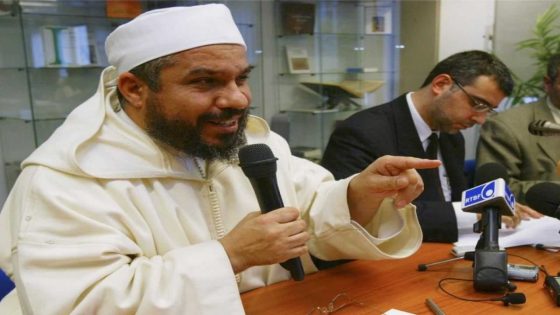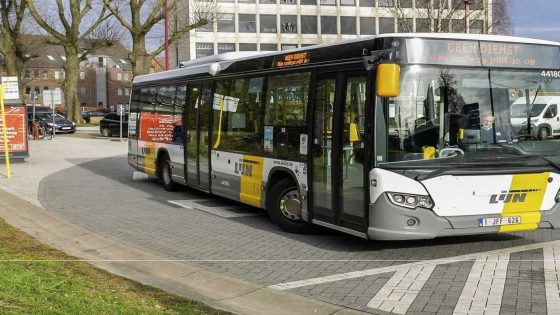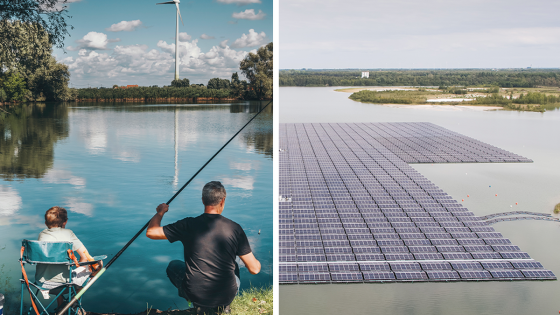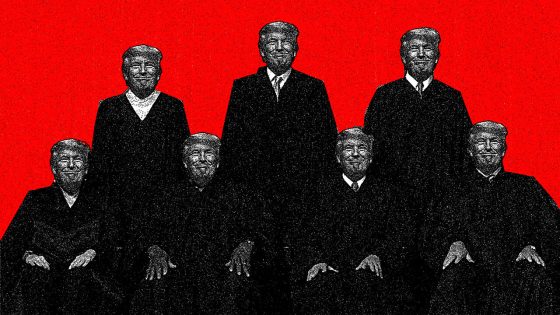The case of Mohamed Toujgani has reignited debates on radicalism and national security in Belgium. After living in Belgium since 1980, Toujgani was ordered to leave the country in 2022 due to accusations of radicalism and meddling in Moroccan interests. This decision, announced by former Secretary of State for Asylum and Migration Sammy Mahdi, sparked strong reactions across the political spectrum.
- Mohamed Toujgani kreeg uitwijzingsbevel 2022
- Beschuldigd van radicalisme en Marokko-inmenging
- Sammy Mahdi trok verblijfsrecht in
- Hof bevestigde geen bezwaar voor nationaliteit
- VB-Kamerlid noemt situatie onvoorstelbaar en gevaarlijk
- Toujgani ontvangt welkom ondanks veiligheidsrisico's
Despite the government’s efforts to revoke his residency, the Belgian Court of Cassation confirmed a 2021 ruling allowing Toujgani to obtain Belgian nationality. As of 2025-06-18 20:30:00, Toujgani has returned to Belgium, stirring controversy and public concern. How should Belgium balance civil rights with national security? And what does this mean for the country’s approach to radicalism?
This situation raises critical questions about Belgium’s immigration and security policies. Should individuals deemed a security risk have access to citizenship? The controversy also exposes tensions between legal rulings and public safety concerns. Key points include:
- The revocation of Toujgani’s residency was based on radicalism accusations and interference with foreign interests.
- The Court of Cassation’s ruling underscores legal complexities in citizenship cases.
- Political voices, like VB MP Alexander Van Hoecke, emphasize security risks tied to Toujgani’s past statements.
As Belgium navigates this delicate issue, policymakers must rethink how to protect citizens without compromising legal rights. Will there be stricter measures ahead? The public and officials alike await clear actions to ensure safety and uphold justice.
































